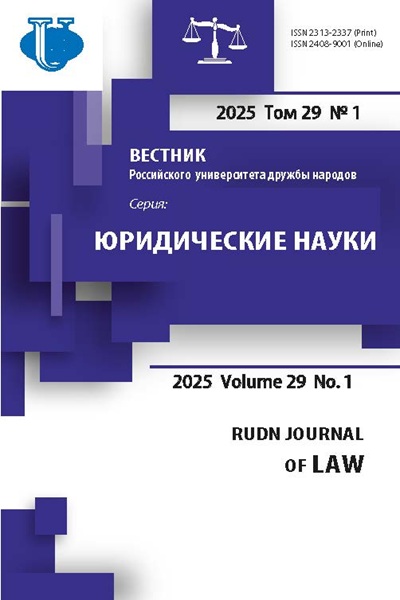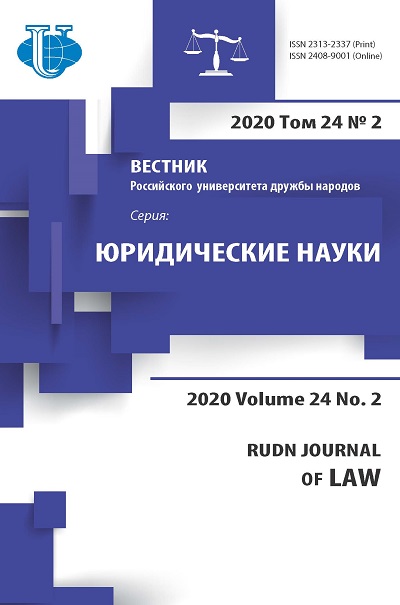Аннотация
В основе рассматриваемой проблемы лежит условный налоговый парадокс, сущностью которого является противоречие между осознанием необходимости платить налоги и восприятием налоговой обязанности как ненужной и чуждой. Причина такого противоречия, на наш взгляд, кроется в глубинных проблемах, связанных с несовершенством механизма налогообложения, с недостаточным проявлением целеполагания в налоговой деятельности государства, с отсутствием баланса частного и государственного интересов в сфере налогообложения, что в конечном итоге негативно сказывается как на состоянии экономики, так и на жизнедеятельности общества в целом. Для того, чтобы наметить пути преодоления названных недостатков, следует, по нашему мнению, сформулировать и внедрить ряд новых элементов в концепцию налогового права. Необходимо также расширить спектр элементов, включаемых в объект правового обеспечения налоговых доходов, с учетом ряда внешних и внутренних факторов, которые обуславливают характер налогообложения. Прежде всего, речь идет об учете интересов всех участников налоговых правоотношений, то есть все общество как выгодоприобретателя налоговых доходов. В этой связи в работе предприняты попытки определить сущность категории «государственные интересы», которая является одним из важнейших элементов диалектической взаимосвязи личных, публичных и государственных интересов, и на этой основе определить критерии и содержание целеполагания деятельности государства, которыми оно обязано руководствоваться в сфере налогообложения. В системе принципов финансово-правового обеспечения государственных интересов в налоговой сфере выделена роль баланса интересов государства и налогоплательщиков, который выступает как принцип обеспечения интересов государства в налоговой системе и одновременно как критерий надлежащего целеполагания. Выделены основы порядка установления целеполагания как особого правового института в системе налогового права, обозначены неразрешенные проблемы, связанные с правовым статусом и функционированием уполномоченных субъектов государства, в задачу которых входит обеспечение государственных интересов в названной сфере. Теоретическая значимость работы состоит в том, что в ней проанализировано содержание, развитие и основные особенности проявления интересов государства в сфере налогообложения, сформулировано предложение о введении в доктрину налогового права института целеполагания как способа обеспечения интересов государства в процессе регулирования налоговых отношений. Предложено понятие налога исходя из его социальной сущности как способа соучастия в денежной форме членов общества в решении общих дел и одновременно как предмета заботы личных интересов плательщика в рамках решения общих проблем. Именно этот фактор должен предопределять характер его правового регулирования. Поскольку предложенные в работе выводы и положения базируются на категории «интерес» во всех его формах и проявлениях, то соответственно потребуются дополнительные исследования по данной тематике. Теоретической основой исследования являются положения об институте целеполагания, который представляет собой направленность на достижение государственных интересов в процессе функционирования налоговой системы Российской Федерации. Методологическую основу исследования составили общенаучные (анализ, синтез, описание, системный) и частнонаучные методы (формально-юридический, сравнительно-правовой, историко-правовой) и другие. Метод анализа позволил переосмыслить методологические аспекты и теоретико-концептуальные подходы к понятию «государственный интерес в налоговой сфере», сформулировать и уточнить некоторые его особенности. Системный подход способствовал раскрытию целостного, концептуального характера целеполагания как отдельного института налогового права. На основе формально-юридического метода проанализировано действующее законодательство Российской Федерации и практика его применения в сфере налоговых правоотношений, в которых обозначены пути достижения баланса интересов налогоплательщика и государства. Применение историко-правового метода позволило выявить особенности реализации интересов государства в налоговой сфере.
















